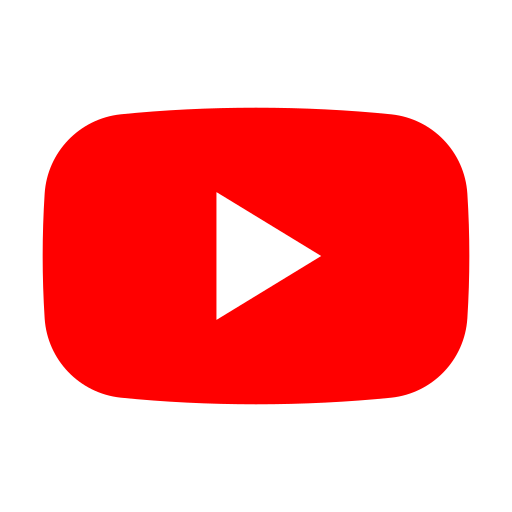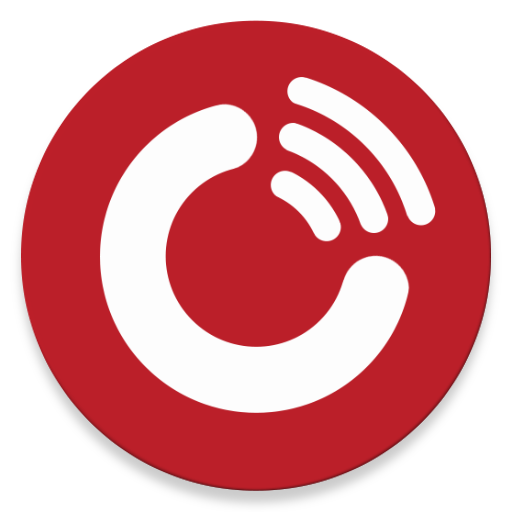Join us for conversations around Open Science, Research Integrity, Project Management, Scholarly Reading, Writing and Publishing as well as Career Development and gain new perspectives on each of the topics covered by our team and guests.

A/V editor: Ebuka Ezeike
Music: Alex Lustig, produced by Kitty Kat
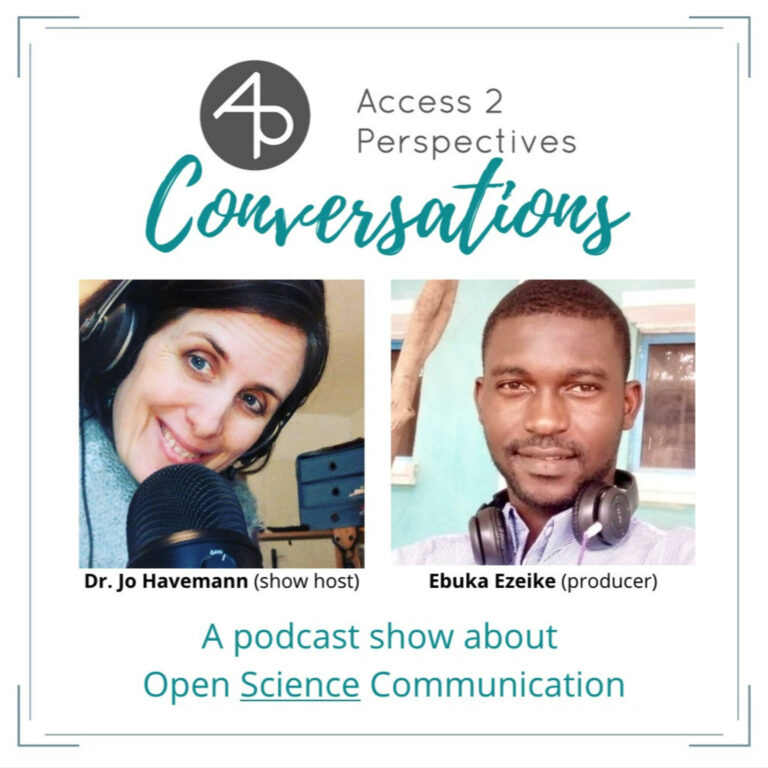
Bridging Academic landscapes.
At Access 2 Perspectives, we provide novel insights into the communication and management of Research. Our goal is to equip researchers with the skills and enthusiasm they need to pursue a successful and joyful career.
This podcast brings to you insights and conversations around the topics of Scholarly Reading, Writing and Publishing, Career Development inside and outside Academia, Research Project Management, Research Integrity, and Open Science.
Learn more about our work at https://access2perspectives.org
In this episode, Tom Mosterd – co-founder of Sylla, talks about his journey in the open-access movement and the vision behind Sylla’s innovative approach to scholarly publishing. The team at Sylla works with educators and university librarians to adopt open and affordable scholarly resources.
LinkedIn: /in/tom-mosterd-667497a4
With experience at Knowledge Unlatched and the OAPEN Foundation, Tom joins Jo to share key insights that have shaped his perspective on making academic books and journals more accessible. They discuss the challenges and opportunities in expanding open access, the financial sustainability of Open Educational Resources (OER), and how initiatives like Sylla can support universities and educators.
They also dive into global equity in higher education, particularly in regions with limited resources, and the future of open-access publishing.
Find more podcast episodes here: https://access2perspectives.org/conversations/
Host: Dr Jo Havemann, ORCID iD 0000-0002-6157-1494
Editing: Ebuka Ezeike
Music: Alex Lustig, produced by Kitty Kat
License: Attribution 4.0 International (CC BY 4.0)
At Access 2 Perspectives, we guide you in your complete research workflow toward state-of-the-art research practices and in full compliance with funding and publishing requirements. Leverage your research projects to higher efficiency and increased collaboration opportunities while fostering your explorative spirit and joy.
Website: https://access2perspectives.org
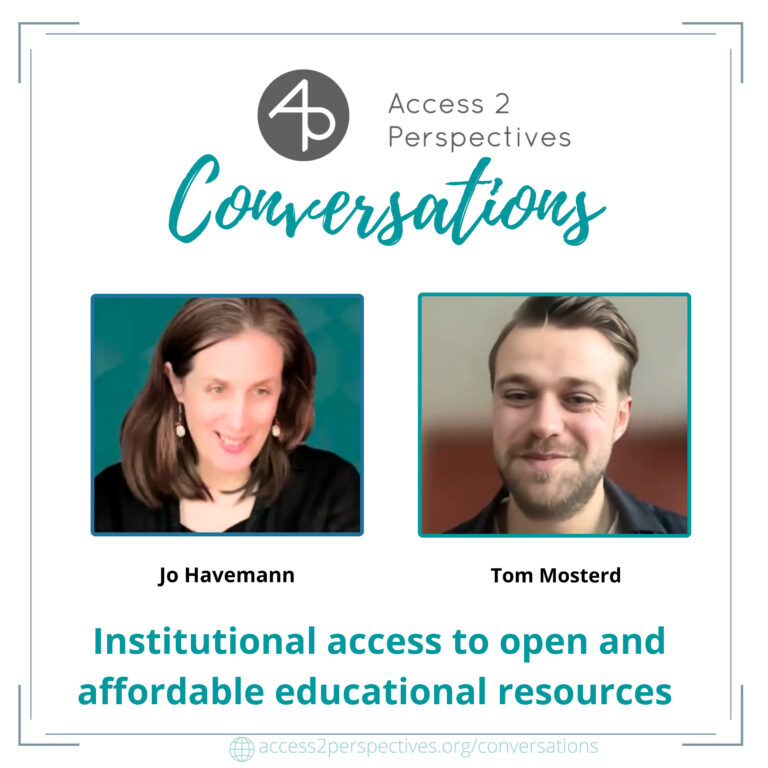
You can support our work with this podcast with a one-time or recurring contribution to cover production costs (audio editing, transcription, publishing, dissemination) as well as reimbursements for speakers and facilitators.
Listen on any of the following platforms:
Released episodes
To read all podcast episode features and transcripts go to https://access2perspectives.pubpub.org/podcast
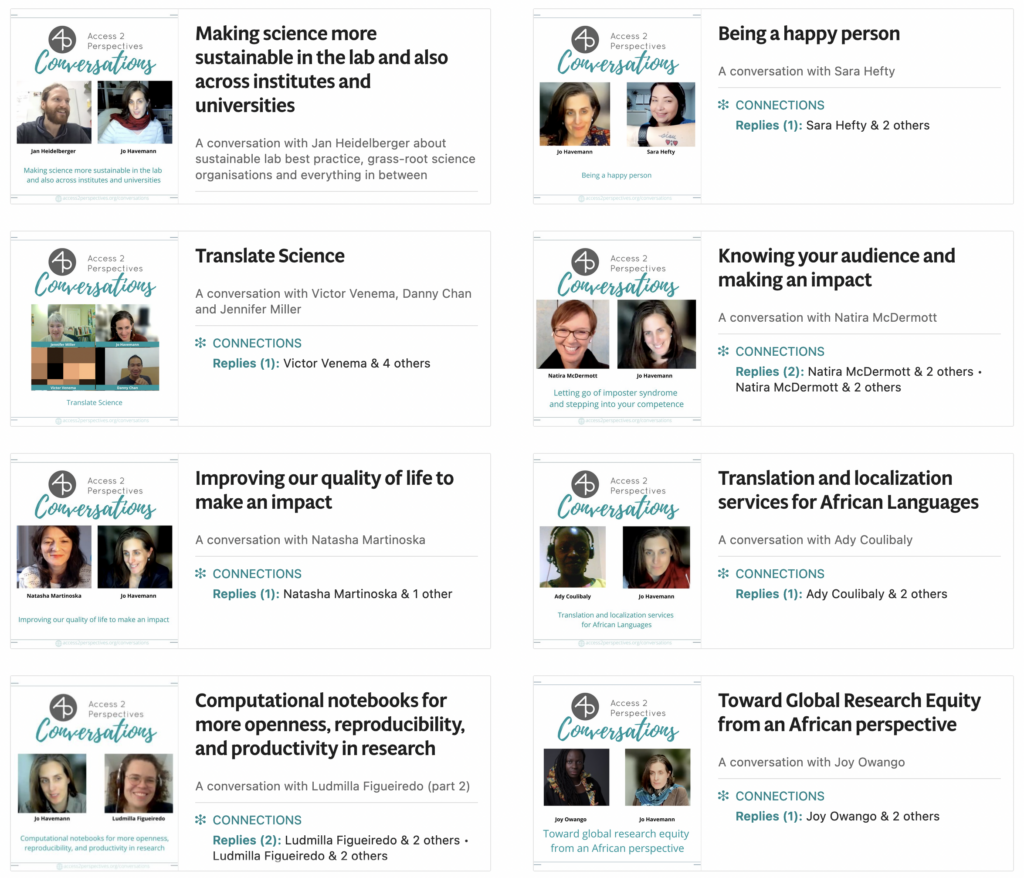
Would you like to share your perspective on a research topic, Open Science, and/or Science Communication?
Get in touch to suggest your topic; we will be happy to hear from you.

